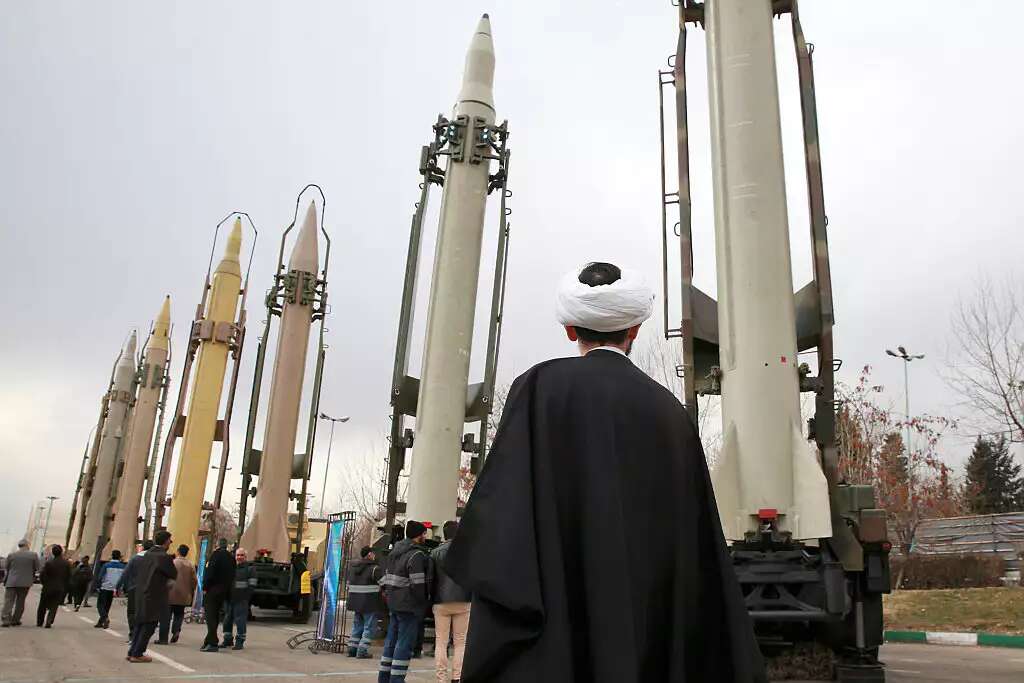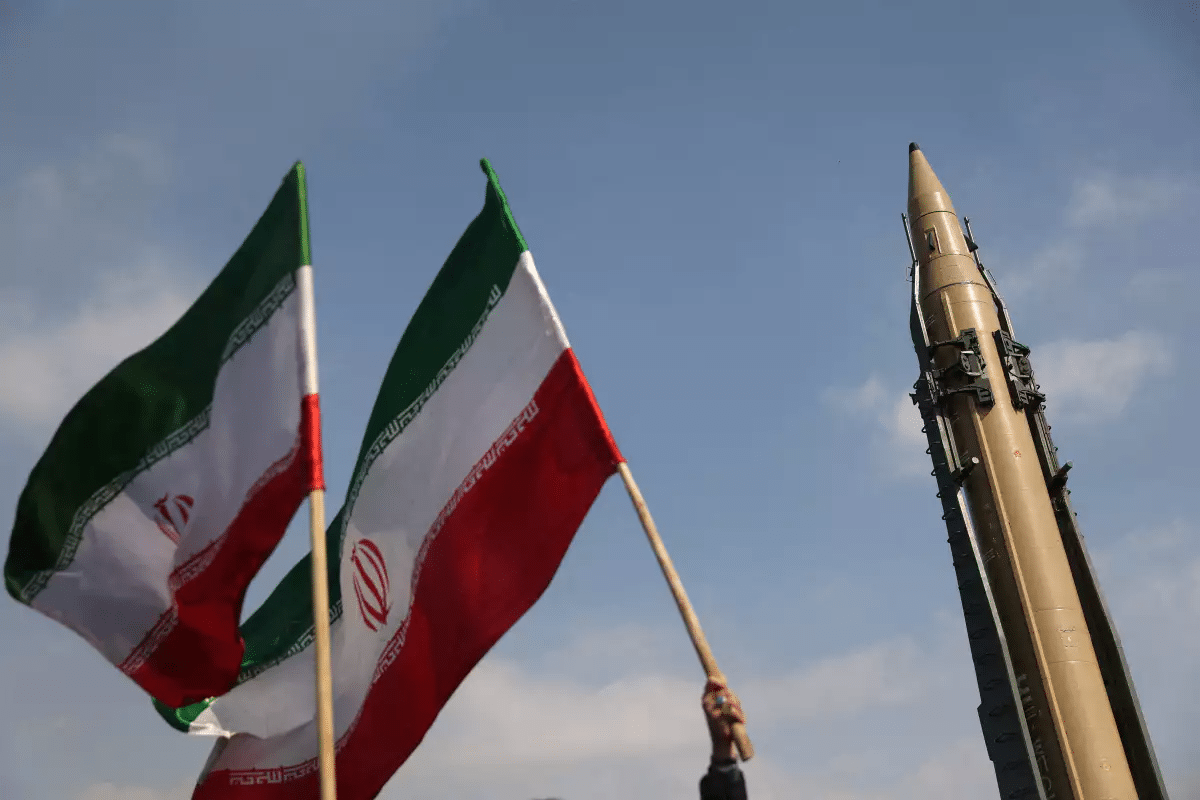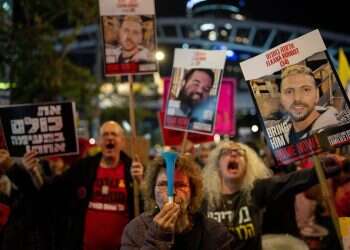The Houthis have given Trump an opportunity to showcase his administration's shift in Middle East policy and to demonstrate that he is unafraid to use military force to establish a new regional order. These messages serve the White House's strategic positioning on the global stage, but they are especially aimed at Tehran in light of tensions over Iran's nuclear program and its sponsorship of proxy groups.
Video: US fighter jets taking off for a strike in Yemen. Video: US Central Command
Even if the process takes time, dismantling Iran's proxy model and holding Tehran accountable for its operatives' actions remain key objectives in the US and its allies' strategy to counter the axis of evil. Now is the time to target not only the proxies but also the hand that controls them.
US goal: Eliminating threats
"Iran is not involved in setting the national policy of any faction in the resistance front, including Ansar Allah in Yemen," said Major General Hossein Salami, commander of Iran's Islamic Revolutionary Guard Corps (IRGC), following the extensive US attack on Yemen and Trump's warning against supporting the Houthis.
Salami responded to these warnings by stating that Iran would react "decisively and destructively" against any enemy that turns threats into action.
This is not the first time Tehran's leadership has attempted to downplay Iran's involvement in the activities of its proxies. In recent months, Iranian officials have repeatedly insisted that Iran does not control proxy forces but rather supports groups that share its ideological beliefs and operate independently in their respective countries. Regardless, the US offensive against this stronghold of the "resistance axis" has heightened concerns in Tehran.

While Washington's stated goal in attacking the Houthis is to remove threats to maritime traffic and ensure the uninterrupted flow of oil tankers from the Persian Gulf to Europe, the operation also serves broader strategic interests for the Trump administration.
First and foremost, the campaign signals a decisive shift in American policy and a proactive approach to shaping the new regional order. Secondly, it aims to restore the confidence of Middle Eastern allies, who had distanced themselves due to President Biden's policies and sought closer ties with Russia and China. Thirdly, it delivers a clear message to Iran about Trump's resolve to achieve his objectives, including through military force.
The Yemen operation is unusual not only in the scale of firepower and number of targets struck but also in the deliberate targeting of senior figures during the attack. Reports from US officials suggest that airstrikes will continue for several more days, indicating Washington's determination to secure concrete achievements rather than merely sending a warning.

Economic pressure and curbing Iranian oil exports
This escalation coincides with rising tensions over Iran's nuclear program. The Trump administration is ramping up economic pressure on Tehran, seeking to minimize its oil exports and aggressively enforce sanctions. The latest International Atomic Energy Agency (IAEA) report highlighted Iran's nuclear advancements and the alarming quantity of 60%-enriched uranium in its possession. According to IAEA Director General Rafael Grossi, "No non-nuclear state produces such quantities."
Iranian officials, for their part, insist that they will not submit to external dictates or agree to a deal under pressure. They appear to be testing Trump's resolve, further underscoring the significance of the Yemen operation.
Assuming the attack on the Houthis is just the beginning of a broader campaign, Trump is positioning himself as the leader in confronting IRGC-backed forces that threaten global trade routes and respond only to force. Early in his presidency, the Houthis have presented the American leader with an opportunity to correct a long-standing distortion that allowed Iran to deploy proxies to achieve its destructive ambitions without facing consequences.

For Israel, the Houthis' threats must be taken seriously, whether they materialize through drones, rockets, missiles, or other methods, some of which have been showcased in the group's propaganda videos.
While Israel must continue defending itself against this threat, it should also actively engage in countermeasures, either independently (in coordination with Washington) or as part of US-led operations. It is essential to increase offensive efforts and target energy infrastructure, electricity grids, ports, economic assets, and water supplies. While the Israeli Air Force plays a central role, other military branches must also contribute.
Following the Iranian axis's setbacks, including Hezbollah's defeat in Lebanon, the fall of the Assad regime in Syria, and the dismantling of Hamas's military framework in Gaza - this moment presents an opportunity to neutralize the Yemeni branch of Iran's proxy model and bring about its complete collapse.




